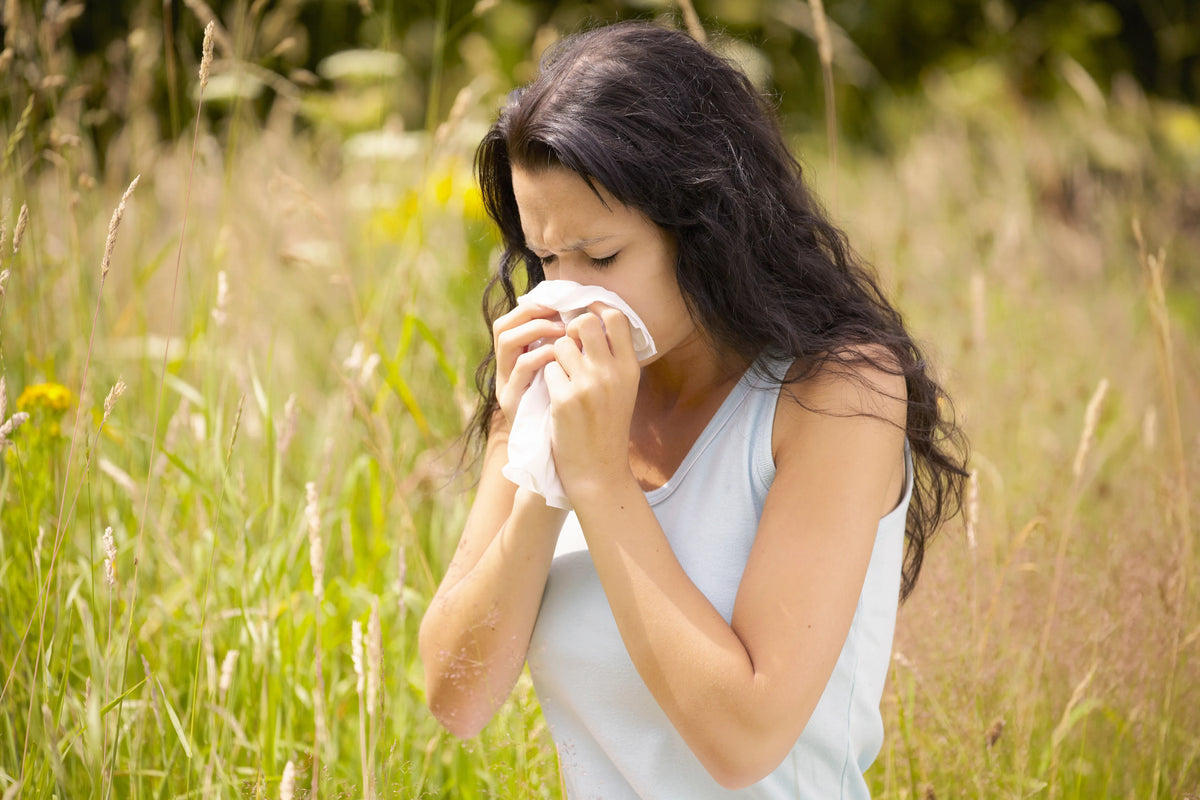
Pollen Season Precautions: Managing Seasonal Allergies in New Locations
For those prone to seasonal allergies, the excitement of a holiday can be overshadowed by the fear of encountering allergens in an unfamiliar environment. Pollen, one of the most common triggers of seasonal allergies, can turn a dream vacation into a sneezy and uncomfortable experience. With some cautious preparation and a proactive attitude, you can successfully cope with your seasonal allergies and enjoy a pleasant holiday. In this article, we'll explore important precautions to help you make the most of your break while keeping allergies at bay.
Check the Pollen Forecast
Before heading off to your holiday destination, check the local pollen forecast. Various weather websites and apps provide up-to-date information for different regions. Understanding the pollen levels at your destination will help you prepare and plan outdoor activities on days when the count is lower.
Choose Your Destination Wisely
Consider destinations that are less likely to trigger your seasonal allergies. Coastal areas, beaches, and places at higher altitudes typically have lower pollen levels compared to heavily wooded or grassy regions. The sea breeze at coastal locations can help disperse pollen, reducing its concentration in the air. Mountainous areas often have a different variety of plants, which might be less allergenic for some individuals.
Travel During Low-Pollen Seasons
If possible, schedule your holiday during a time when your allergy triggers are less prevalent. If you’re sensitive to tree pollen, consider planning your trip to fall in late spring or early summer when tree pollen levels are generally lower.
Fact: grass pollen is more common in late spring and early summer, while weed pollen is typically released in late summer and autumn. Grass pollen is the most common hay fever trigger and affects about 95% of people.
Pack Smart
Make sure to bring along all the medications you might need on your trip – whether that’s antihistamines or eye drops – remember, it’s not guaranteed you’ll be able to find these things where you’re going. It might be a good idea to consider packing an emergency allergy kit that you can travel with in case of flare ups. This could include:
- A pack or two of tissues
- A travel-sized hand sanitizer
- Nasal spray
- Any inhalers or EpiPens you might need.
Alternatively, if you find yourself being frequently forgetful, making a list of all of the important items you need and checking them off one by one as you go can give you some closure once you’ve packed everything.
Top Tip: if you rely on prescription medication, try to plan ahead and ensure you have an adequate supply for the duration of your journey.
Go for Allergy-Friendly Accommodations
When booking accommodation, consider allergy-friendly options. Look for hotels or rental properties with air conditioning and HEPA filters to keep indoor air clean and free from pollen. Request rooms on higher floors, as pollen counts, are typically lower at higher elevations.
Keep Windows and Doors Closed
While it might be tempting to open windows for fresh air, especially if you’re by the coast, keep them closed during peak pollen hours. Use air conditioning instead to cool your room while filtering out airborne allergens.
Top tip: morning and evenings tend to be the worst for pollen so it’s best to keep everything shut at those times.
Choose Indoor Activities
Plan indoor activities for days when the pollen count is high. This can include visiting museums, art galleries, theatres, and other indoor attractions - these allow you to enjoy your holiday without worrying about allergen exposure. Even if it rains, you can take advantage of the temporary reduction in pollen levels and head outdoors for your excursions.
Rinse Off After Outdoor Activities
After spending time outdoors, make it a habit to rinse off your hair and body to remove any pollen that may have accumulated on your skin and hair. This simple act can prevent pollen from transferring to your bedding and indoor spaces (AND you’ll smell extra fresh!).
Respect Local Vegetation
While on holiday, appreciate and respect the local flora, even if it includes allergenic plants. Avoid picking or disturbing plants, as this can release more pollen into the air and potentially worsen your allergies.
Stay Hydrated and Eat Healthily
Did you know that hydrating regularly can help thin mucus secretions, making it easier to expel allergens from your system? Alongside this, maintaining a healthy diet rich in fruits and vegetables can boost your immune system and may even help alleviate allergy symptoms. By making sure you’re as protected as possible, you’ll find it easier to cope with the reactions.
Armed with these tips and facts, you can start to relax about your upcoming adventures and remember that allergies needn’t dominate your trip. Preplanning, strategic packing and a proper diet will help to see you through the summer and give you the reassurance you need to enjoy yourself.
